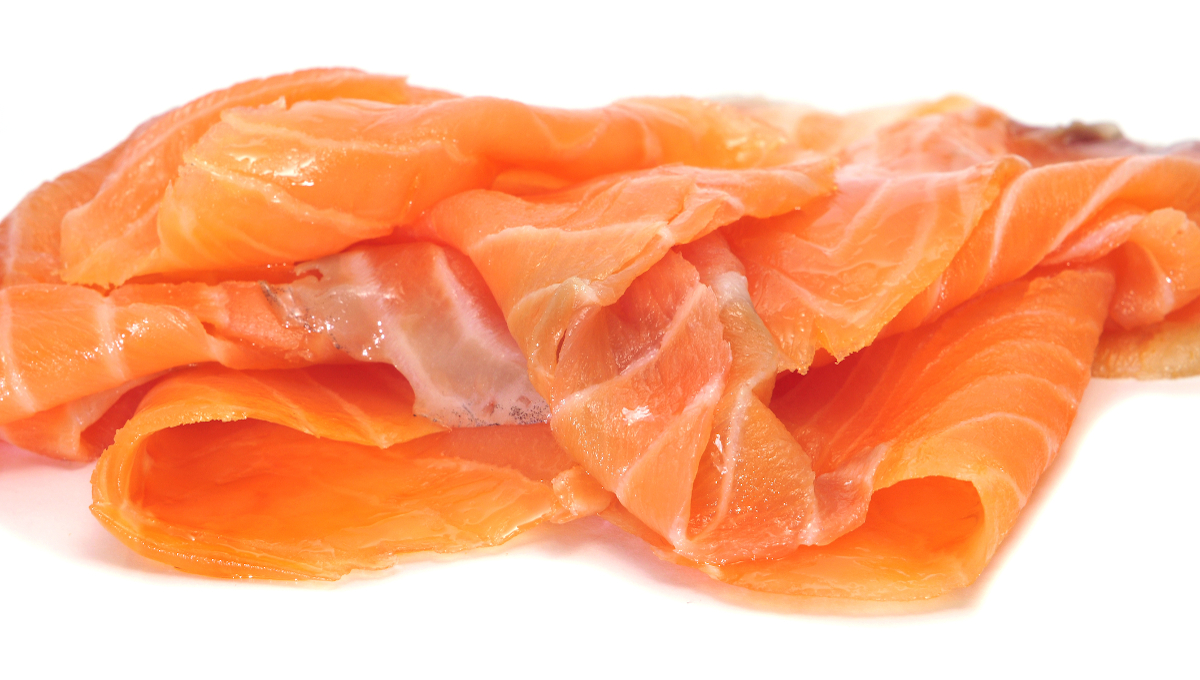Three people have died in Sweden as part of a Listeria outbreak that may have been caused by smoked fish.
Folkhälsomyndigheten (the Public Health Agency of Sweden) said deaths of three of the older patients were connected to their Listeria infections but it is not clear if they died with or because of listeriosis.
From the end of May to the beginning of July, 10 people contracted Listeria infections caused by the same type of the bacteria. Another four people fell ill in late 2022 from this strain.
Patients are 10 men and four women aged 63 to 93 years old. They live in eight different regions in the country.
Based on information from a questionnaire given to patients about foods they ate before becoming sick, many reported eating gravad or cold-smoked salmon but the exact product that caused the outbreak is not yet clear.
Warning for vulnerable groups
Folkhälsomyndigheten, Livsmedelsverket (the Swedish Food Agency) and regional infection control units are investigating the illnesses.
Livsmedelsverket said Listeria can cause serious illness for people in at-risk groups, such as pregnant women, the elderly and people with impaired immune systems.
“Those who belong to a risk group — or who are to offer food to someone in a risk group — can reduce the risk of infection by following the Swedish Food Agency’s advice on Listeria. Certain foods such as blue cheeses should be avoided completely, while other foods such as cold smoked and gravad salmon should be eaten within a week of the date on the packaging,” said Jonas Toljander, a microbiologist at Livsmedelsverket.
In 2022, 125 listeriosis cases were reported compared to 107 the year before. The median age was 79 and as in previous years, most were older than 80. Overall, 45 people died within one month of diagnosis.
National and local authorities took 266 samples from different types of food to test for the presence or absence of Listeria monocytogenes in 2022. The pathogen was detected eight times. Two of these were vacuum-packed salmon taken as part of work into a suspected food poisoning or complaint.
About Listeria infections
Food contaminated with Listeria monocytogenes may not look or smell spoiled but can still cause serious and sometimes life-threatening infections. Anyone who has developed symptoms of Listeria infection should seek medical treatment and tell their doctors about the possible Listeria exposure.
Also, people should monitor themselves for food poisoning symptoms during the coming weeks because it can take up to 70 days after exposure to Listeria for symptoms of listeriosis to develop.
Symptoms of Listeria infection can include vomiting, nausea, persistent fever, muscle aches, severe headache, and neck stiffness. Specific laboratory tests are required to diagnose Listeria infections, which can mimic other illnesses.
Pregnant women, the elderly, young children, and people such as cancer patients who have weakened immune systems are particularly at risk of serious illnesses, life-threatening infections, and other complications. Although infected pregnant women may experience only mild, flu-like symptoms, their infections can lead to premature delivery, infection of the newborn, or even stillbirth.
(To sign up for a free subscription to Food Safety News, click here.)

